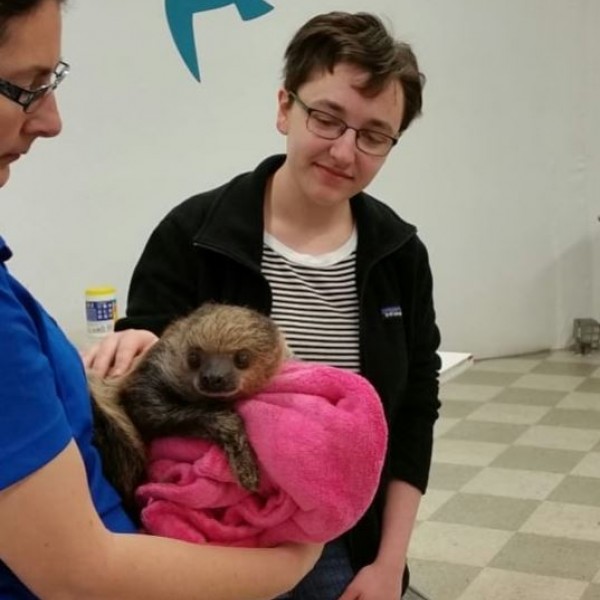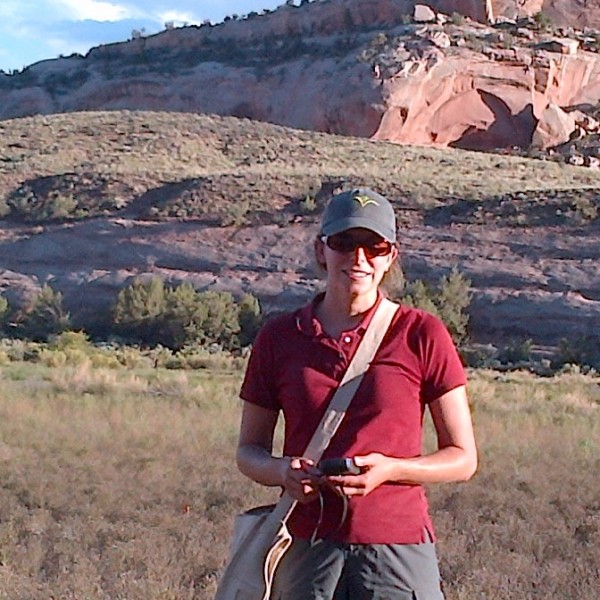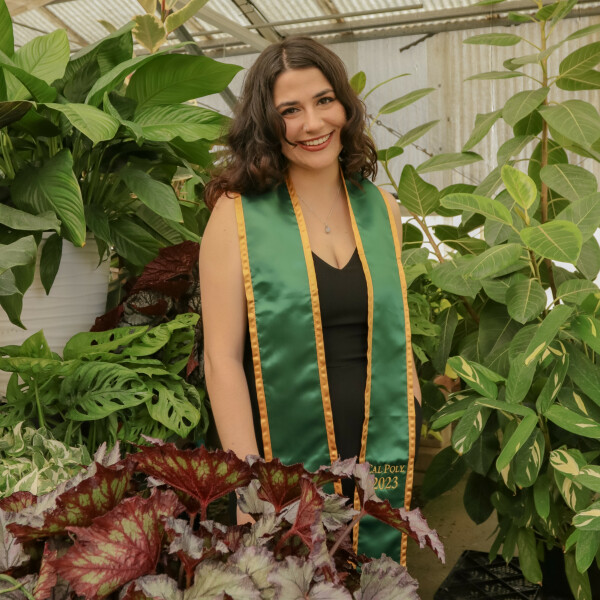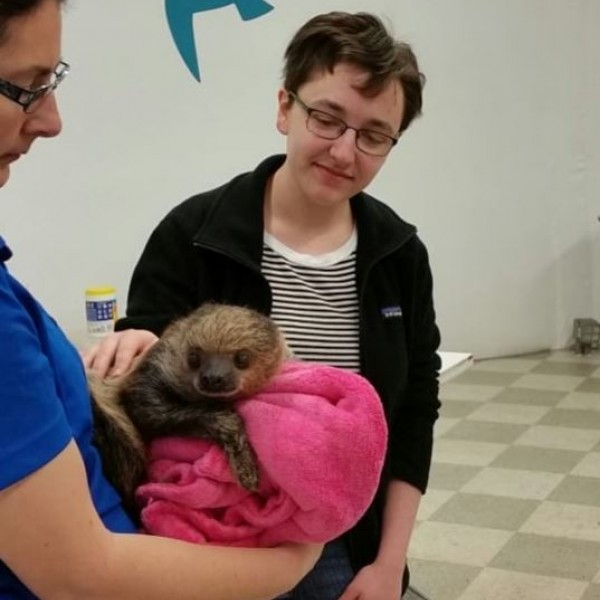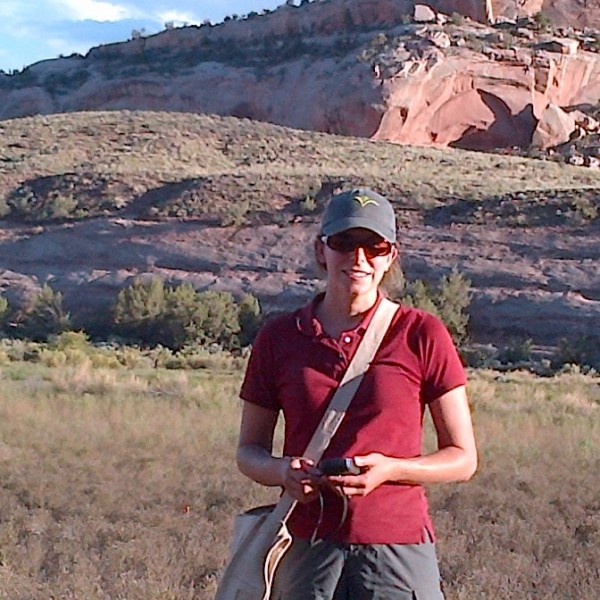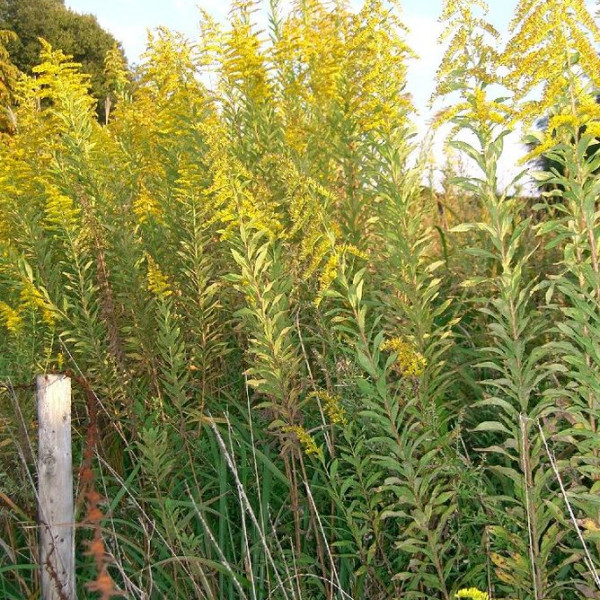
Understanding variation in an aggressive native species to inform prairie restoration and management 2021
Chicago Botanic Garden
Ecology, Fieldwork, Labwork, Natural Areas Management
Land managers restoring and managing prairie habitat
aim to support the most diverse native plant communities possible. However, the
presence of aggressive plant species, both non-native and native, can hinder
the achievement of these goals. This project focuses on one particularly
aggressive native species, Solidago altissima, which can overwhelm a
prairie community if left unmanaged. The goal of this project is to understand
variation in important plant traits and chromosome counts across the
distribution of the species in the Chicago region.
The REU intern will conduct fieldwork to collect
samples, measure plant traits (e.g., leaf area), and monitor vegetation at
Bartel Grassland and Bobolink Family Area. Once material has been collected,
leaf material will be brought back to the labs at Chicago Botanic Garden, and a
flow cytometer used to assess ploidy levels in the new and previously collected
samples. The intern will work closely with project mentors to develop a
hypothesis about whether plant traits or other site characteristics (e.g.,
habitat type, soil characteristics, and management history) influence the
presence of different ploidy levels. Results of this research will inform the
design of a larger research project investigating the most effective methods to
manage S. altissima across the region.
